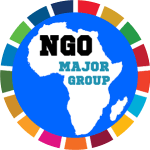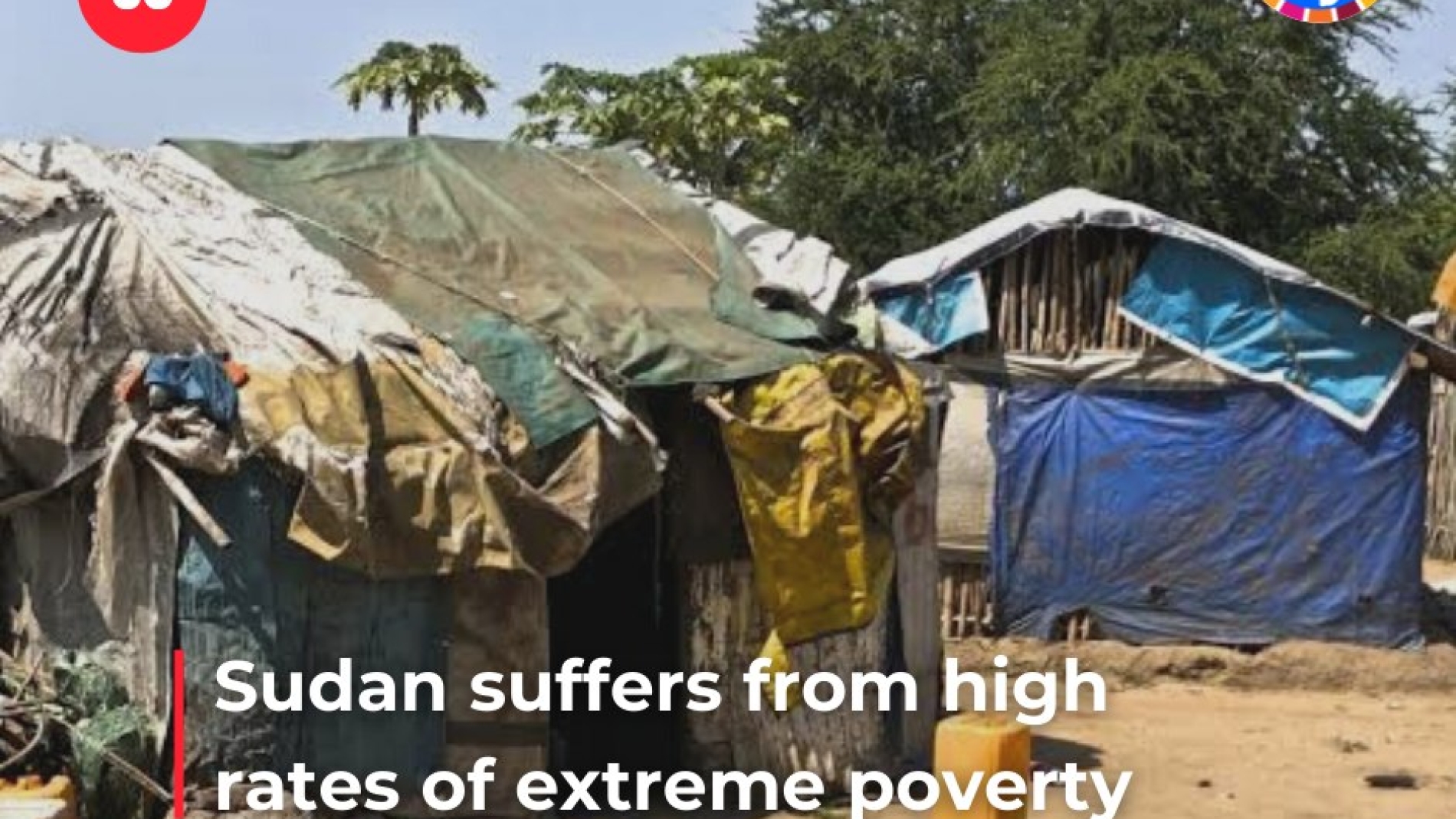Sudan suffers from high rates of extreme poverty
Sudan faced many economic challenges after the secession of South Sudan in 2011. It lost 75% of its oil resources, which is 95% of exports and 68% of revenues, and in the midst of that, Sudan developed a number of policies and programs to eradicate poverty, topped by the Interim Poverty Reduction Strategy. However, no tangible results have been achieved. Statistics on poverty indicators conflicted between 36.1% and 77% of the population.
Amidst the pandemic in 2020, the rates of extreme poverty in Sudan increased in conjunction with the factors mentioned, the percentage of poor have risen at $1.90 (the international average) to 24.1% in 2020 after it was 17.1% in 2019, and this is a significant rate that predicts the magnitude of the disaster facing Sudan.
In this context, NGOs Major Group for Africa expresses its concern about the increasing numbers of poverty in the country and recommends the government in Sudan to develop social protection programs and include the largest number of groups suffering or expected to suffer from poverty, in order to provide basic services to the largest number of people.
#Towards_Collective_Partnership_For_Sustainable_Africa
#Cooperation_For_Sustainable_Africa
#Sustainable_Future_For_Africa


